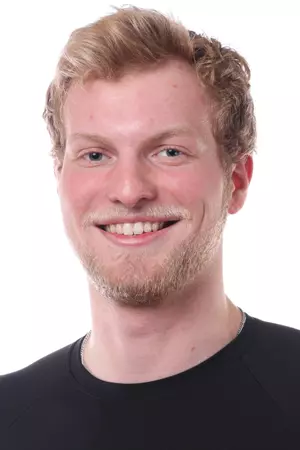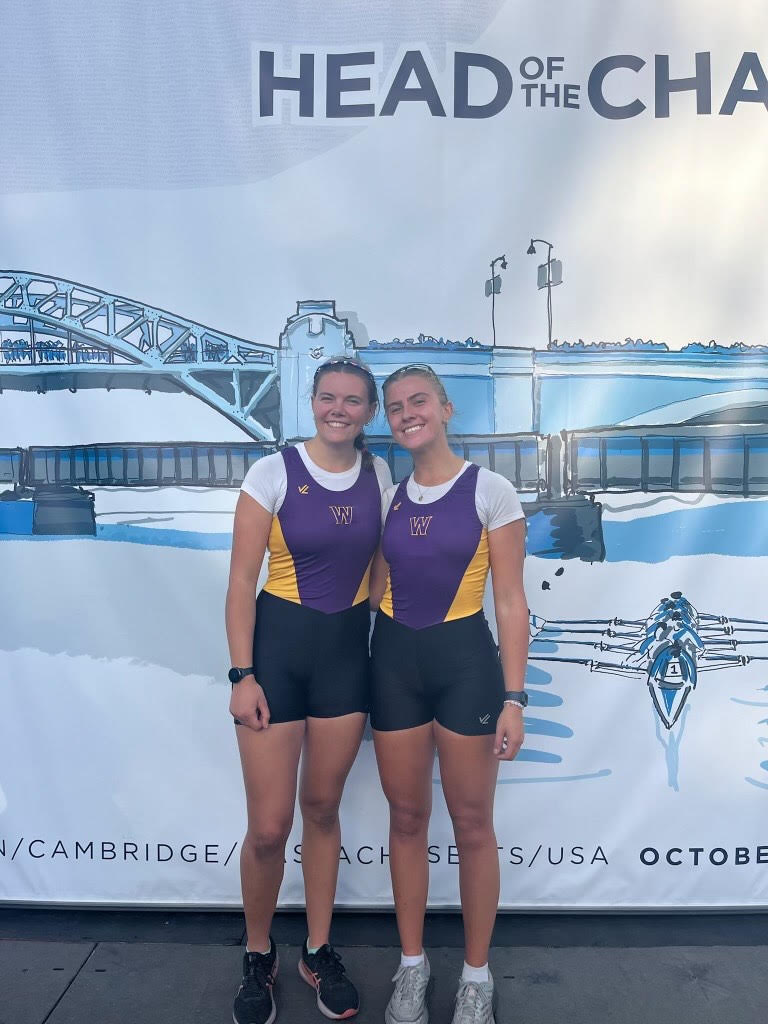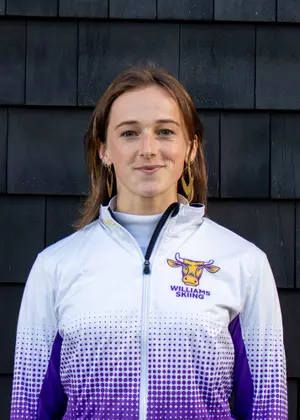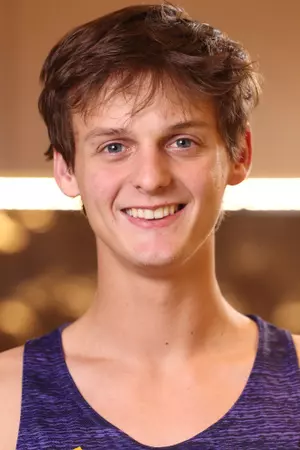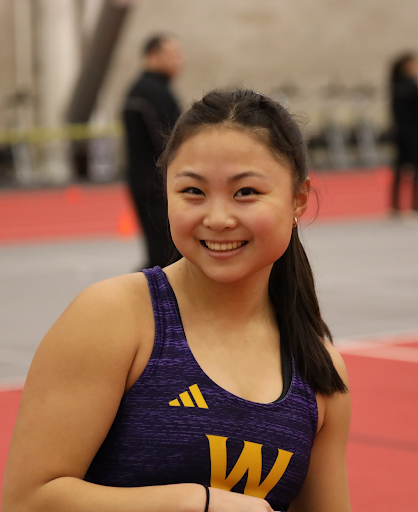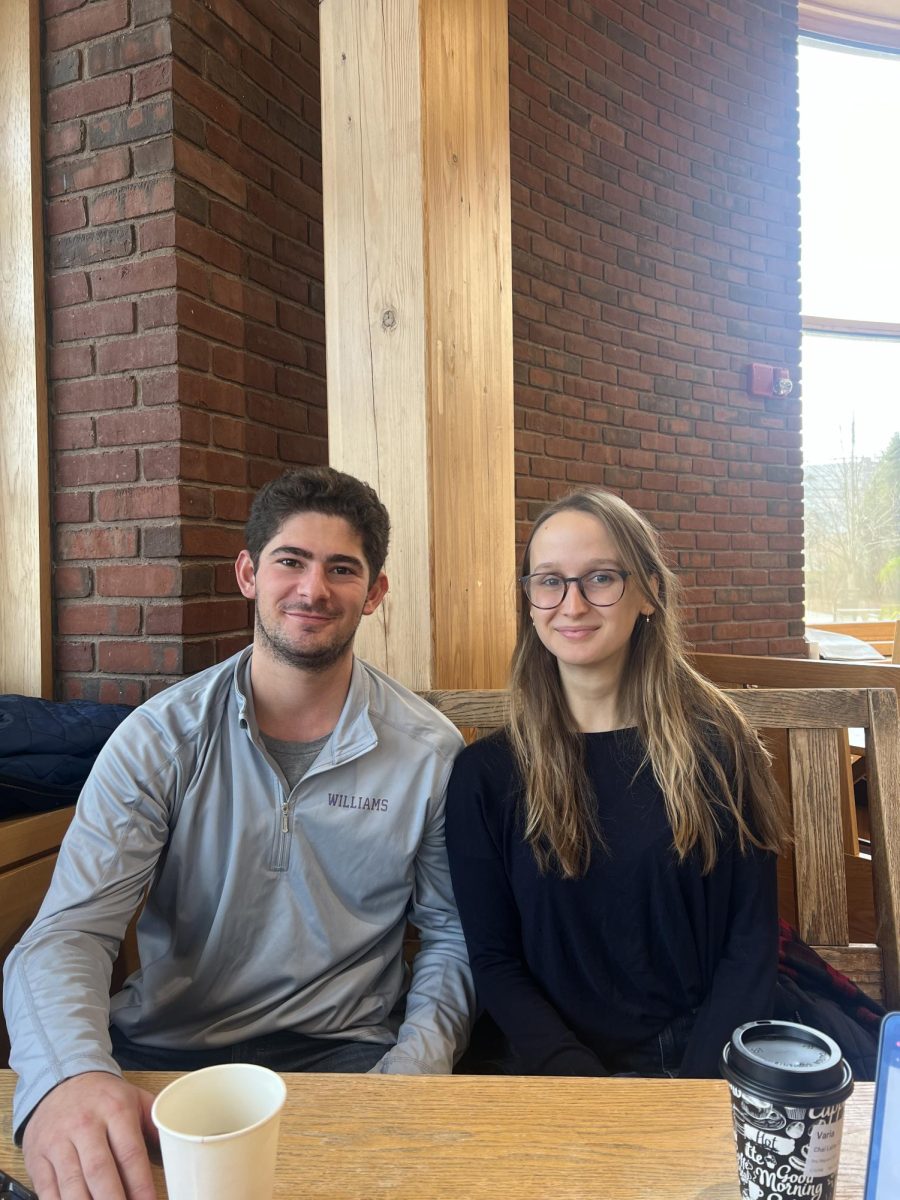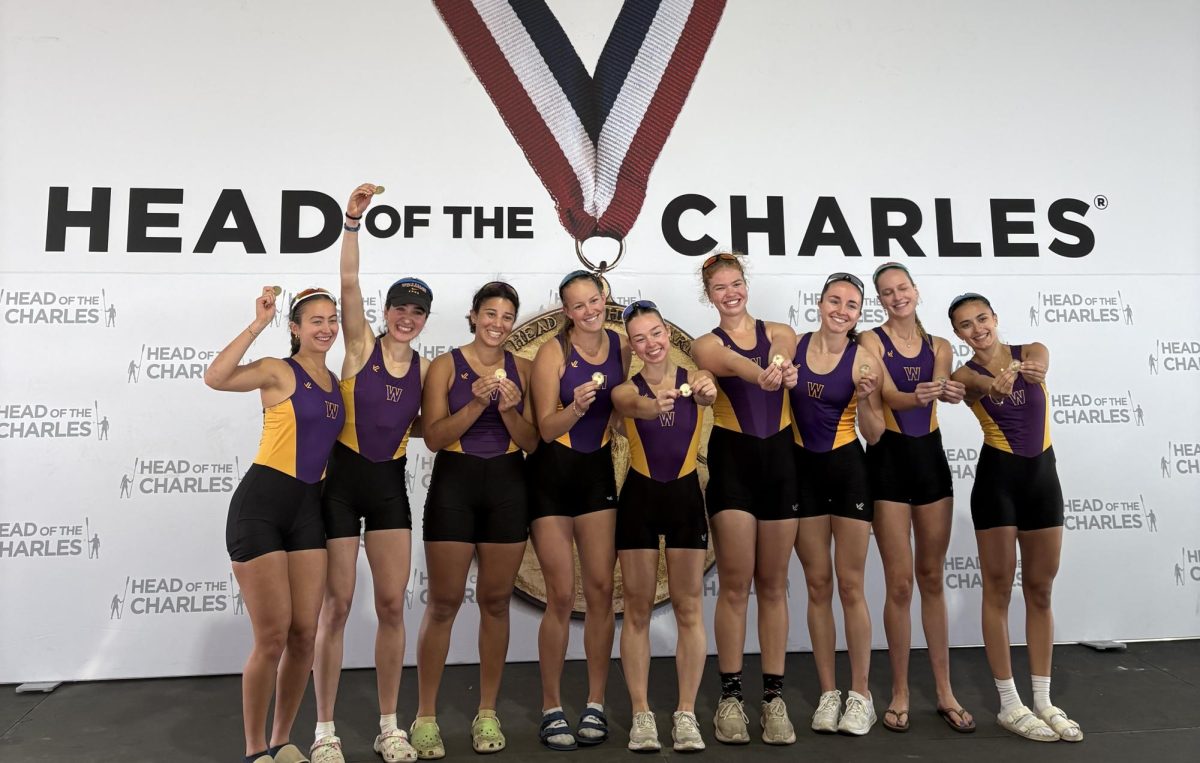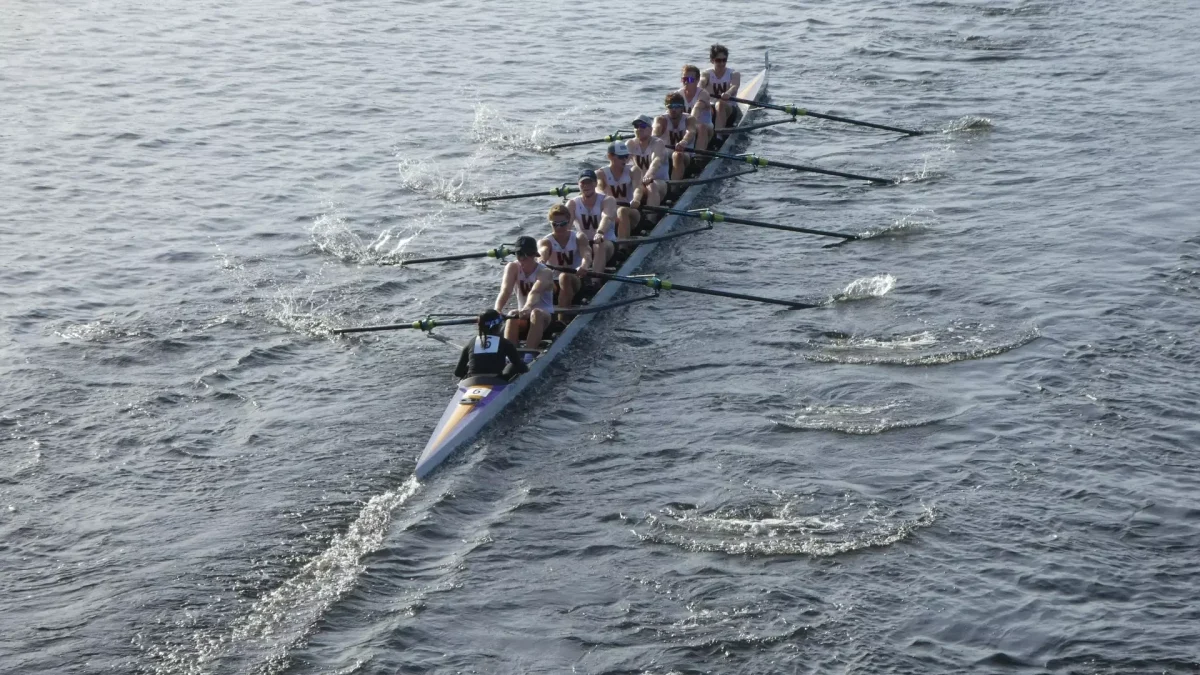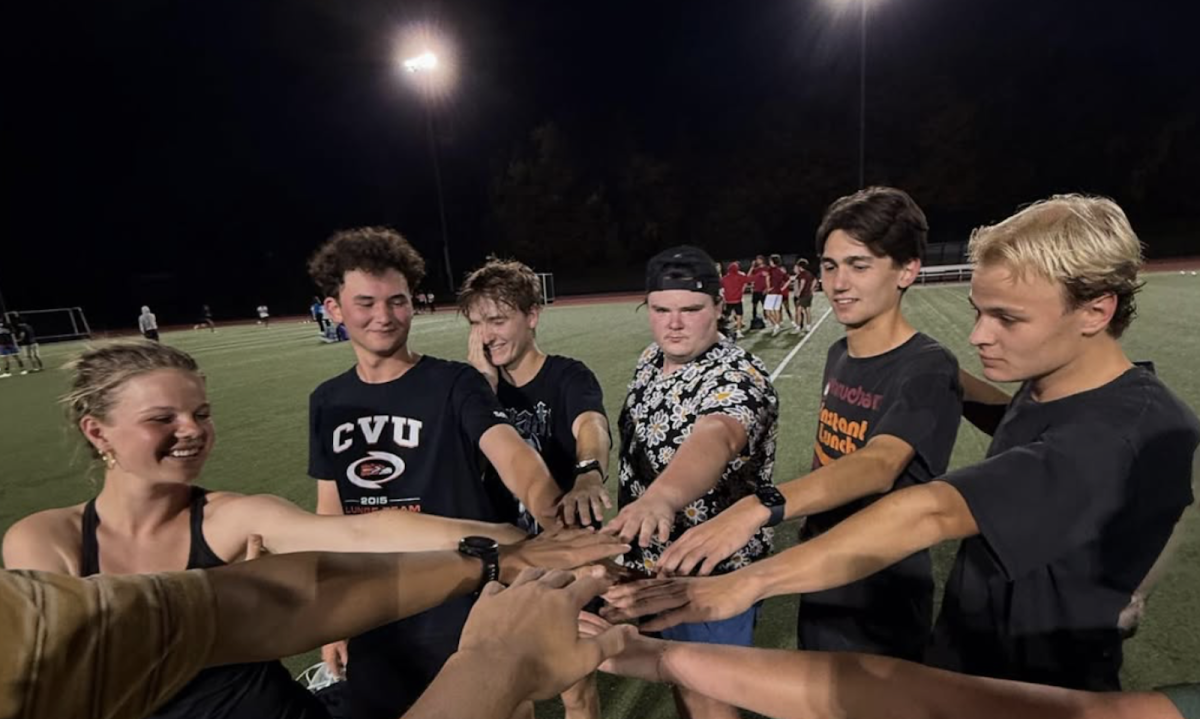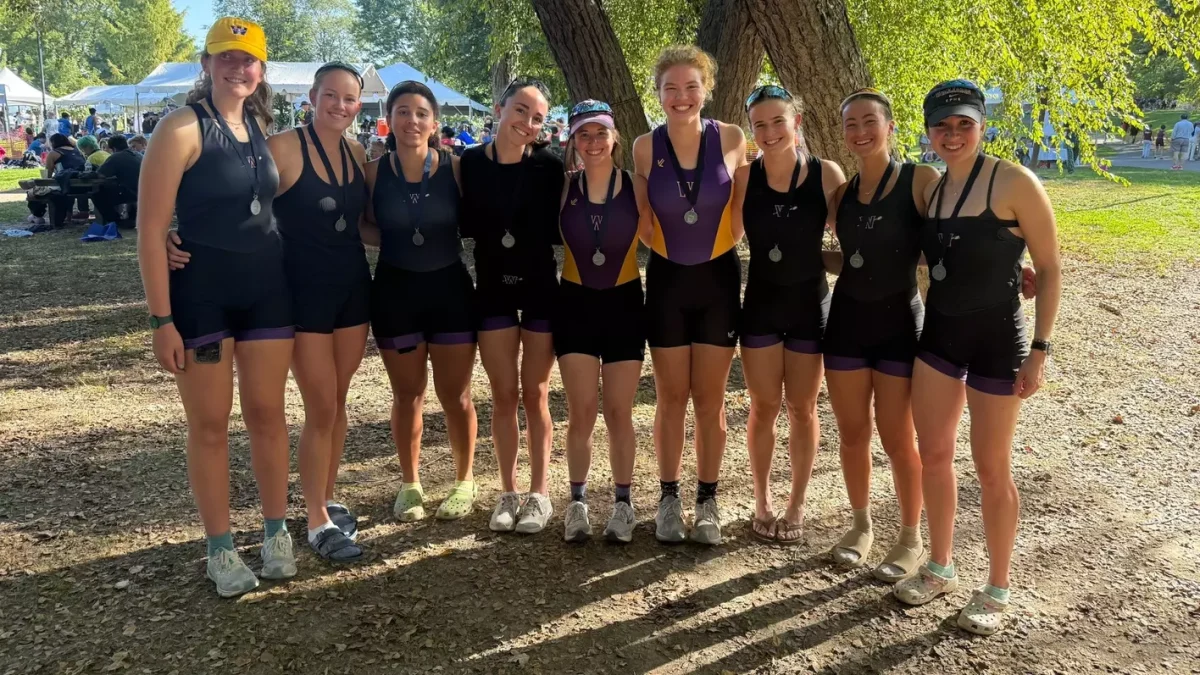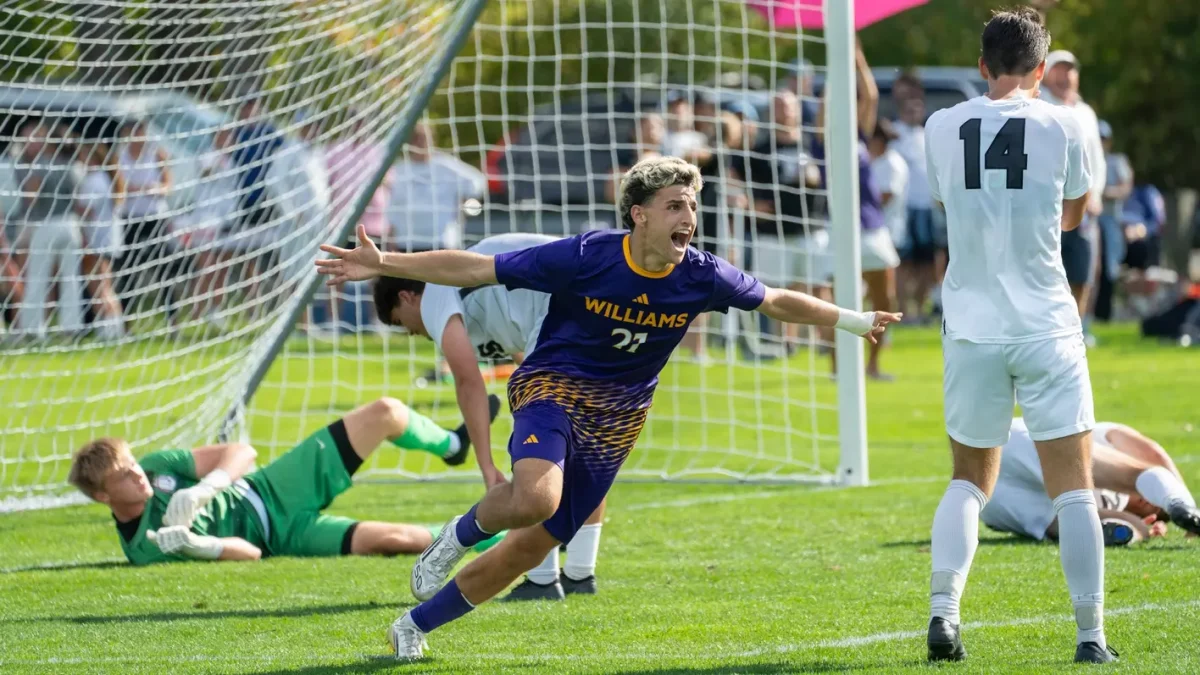Team: Men’s crew
Hometown:
Milwaukee, Wis.
Major: Political science and mathematics with a certificate in French
This interview has been edited for length and clarity.
Michelle Yang (MY): When did you start rowing? How did you first get involved with the sport?
Will Densmore (WD): I started rowing quite a while ago. I started in sixth grade during the summer. One of my friends from elementary school found a learn-to-row camp at my local rowing club in Milwaukee, and he was super excited about it and wanted me to join. From the first stroke, I fell in love with the sport. I think it was one of the few things in life that was easy to recognize as special for me. I was on the middle school team, which was very informal and didn’t have a lot of training. But then I joined the high school team, and that was a bit of a step up in terms of the amount of training we were doing. It’s been a while, but I’ve loved it.
MY: What aspect of rowing captured your interest early on?
WD: I swam for a while. Both of my parents swam when they were in high school and college. I did that for a little bit, and I liked it, but it wasn’t my favorite. I think it was less of a team sport than I would have liked. You’ll often hear rowers say that rowing is the ultimate team sport, so much that it’s cliche. The team aspect of the sport was different for me — just the strong relationships you can build with people in your boat. Also, it’s just a cool-looking sport.
MY: What is a lesson you’ve learned from rowing?
WD: I don’t know if it’s a specific lesson, but rowing in high school, I really developed the skill of being able to manage long hours of training and getting schoolwork done. A good lesson for rowing is that no matter how much you try to quantify things in life and try to do things completely perfectly, there’s always going to be some unknown. With rowing specifically, sometimes there’s this unknown factor — how well your crew gels together, what creates chemistry in a boat — that can’t really be quantified. Oftentimes, we try to break problems down into a combination of variables, but sometimes it just works, and sometimes it just doesn’t.
MY: What is a favorite memory of yours from the past few seasons?
WD: There are so many. We have a lot of fun traditions that help with team bonding. The day-to-day things are most important to me — we often all get dinner in Driscoll together, and those are pretty foundational times that build team chemistry. We’ve done lots of runs together. One of my friends, Dalton [Peters ’26], brought back this long tradition that rowers used to do called the ‘Schnell Steigen.’ It’s a one-mile run up Mount Berlin with the Nordic and Alpine skiers. That was really fun to see happen. For most people, some of their [favorite] memories are races. Two years ago, my sophomore year, we were racing at the [Intercollegiate Rowing Association] Championships in New Jersey. We had the fastest race we’ve ever done. I can’t even describe it. It was so quick and so fast, and we had broken the Div. III record. The only thing was that Wesleyan was right next to us and beat us by 0.2 seconds. I look back on that race as just a testament to how much we improved over that season and to being able to recognize when things were going well for us despite all the outside factors.
MY: As a captain and a senior, what are some of your goals for yourself and for the team this season?
WD: As I’ve been here for the past three years, going on four, Div. III rowing has improved and gotten much quicker by leaps and bounds. We are very competitive. We’re in the mix for the National Championships. But, three years ago, it was almost easy for us to win, and now, it’s not so easy. We’ve been doing really well with this and trying to be a bit more internal and focus on how we’re rowing and really taking this opportunity to race other crews that are really fast and really good — an opportunity for us to get better. I think it’s a really exciting opportunity to be part of such a fast field now, at this moment. The goal is for us to get faster and to compete as well as we can on the national stage, with a bunch of other fast crews, which is super exciting.
MY: Lastly, what advice would you give to first-years on the team?
WD: That’s hard because I think all of our freshmen have already been doing a lot of things well. The best way to learn how to row the Williams stroke is learning through osmosis, asking a lot of questions, and rowing behind different people and being okay changing things up a little bit, really being flexible and taking everything from the older guys. But, they also bring their own unique quirks and flavors to the team, which we really need and appreciate. It’s a combination of adapting and leaving your mark.



